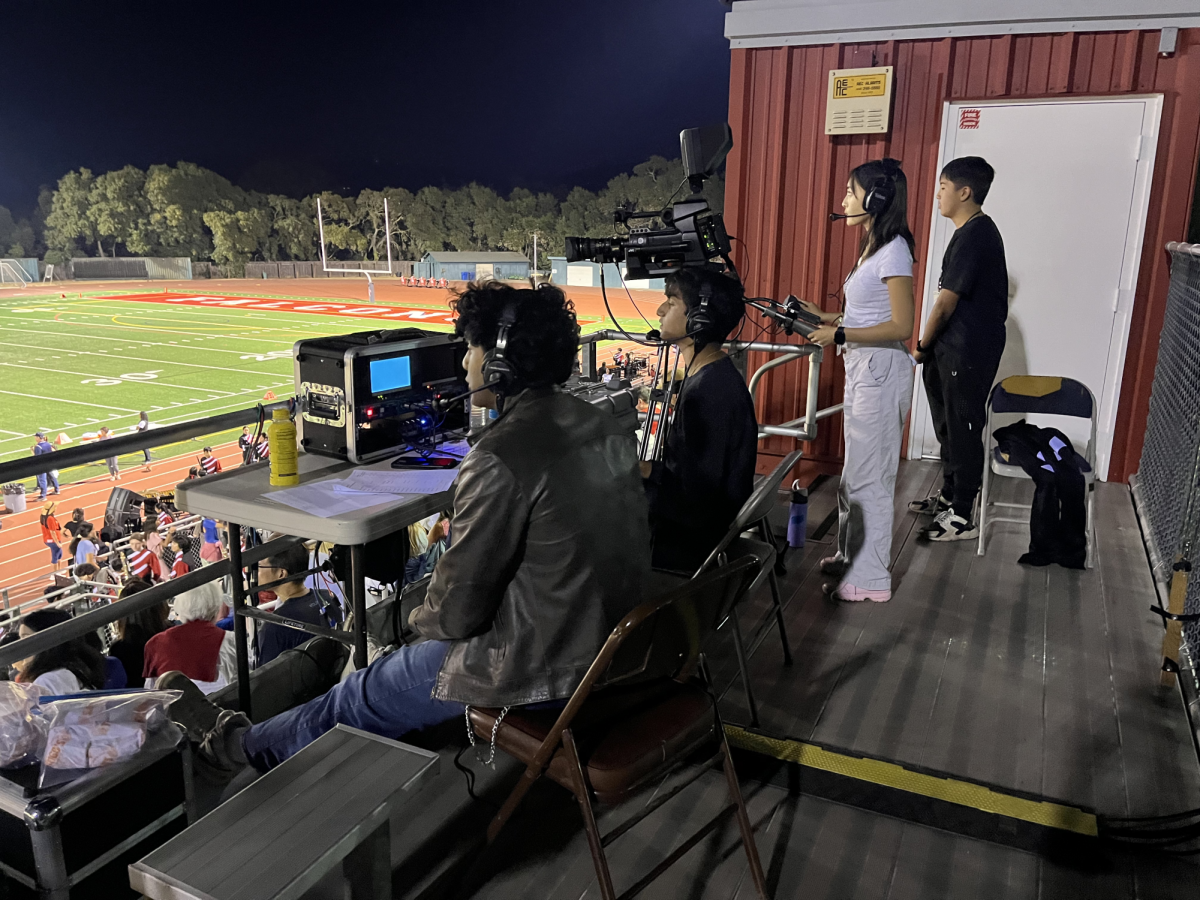Name? David Wang.
School? Saratoga High.
Why do you want to spend your time at SIMR?
About one year ago, current senior David Wang pensively thought this prompt over, then began typing out his response in his online application. The Stanford Institute of Medicine Summer Research Program (SIMR) is an intensive summer science program with applications available to juniors and seniors. Wang sent in a letter of recommendation, school transcripts, various test scores, honors received and two essays with his application. As one of the few students accepted, he spent eight weeks studying the area of his choice.
“The application process was like a shortened version of a college app,” Wang said.
A majority of summertime science programs are limited to current juniors and seniors, but sophomores, freshmen and even middle school students can apply to certain programs. Most programs last anywhere from four to eight weeks, requiring a significant time commitment during a student’s break from school.
Wang described his time at SIMR as “a really intense experience,” involving lots of work and even more long-term benefits.
“Over the course of the eight weeks, we conducted our own hypothesis-driven experiments with the guidance of a mentor, and we presented our work at a poster symposium at the end of the session,” Wang said.
Science “programs” and “internships” can be easily confused. Science teacher Kathy Nakamatsu said students usually take courses and go on field trips in general science programs, while they work and study under a professor in an internship. She suggests careful preparation before applying to a summer science program of any sort.
“[Students should] ask their teachers early [for letters of recommendation], because I’m turning away students now,” Nakamatsu said. “The earlier, the better.”
Additionally, Nakamatsu noted the declining possibilities for acceptance into many popular programs.
“This year is going to be weird because there are a lot more students applying than ever before,” Nakamatsu said. “I’ve noticed an increase [in my students alone].”
However, Nakamatsu’s most emphasized advice was a warning to overachieving students.
“Do something that [you’re] interested in,” Nakamatsu said, “not just because it’s going to look good on the application [or] your parents want you to. If you’re not interested in it, you’re not going to enjoy it.”
A list of summer science opportunities can be found on Nakamatsu’s page on the school’s website.

























